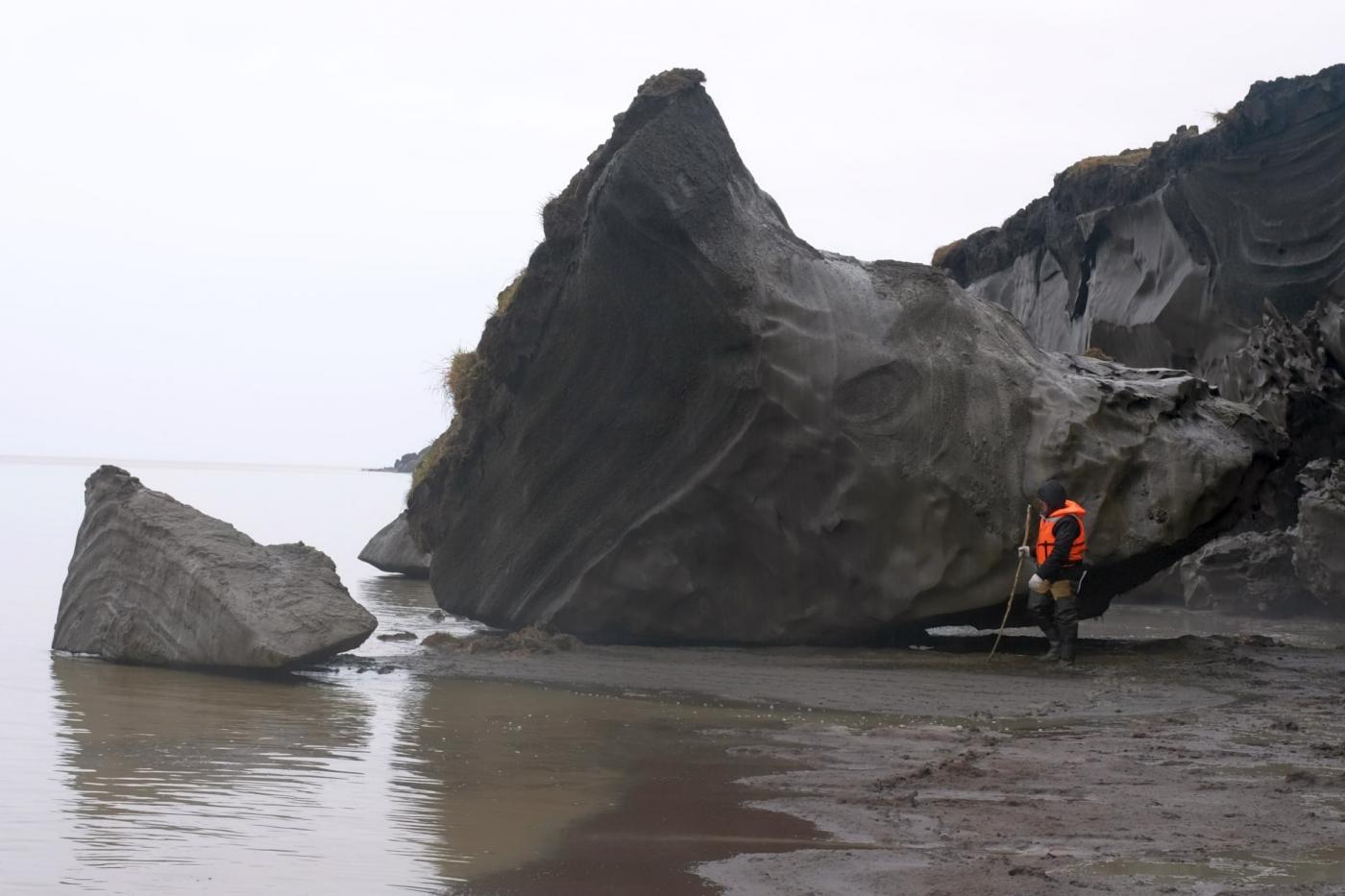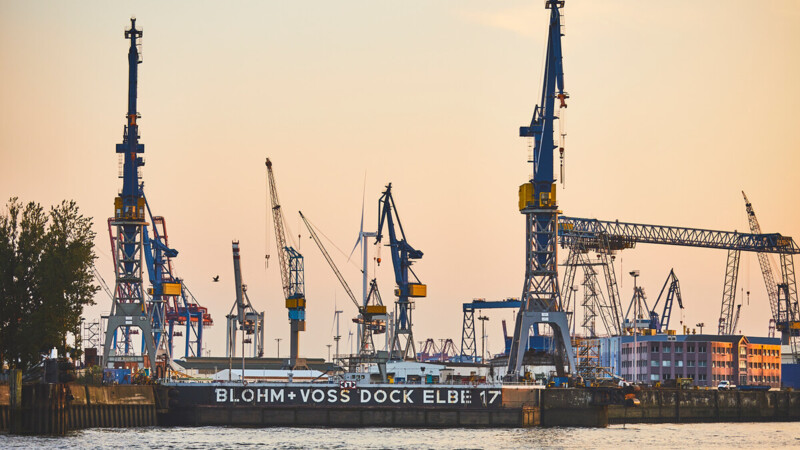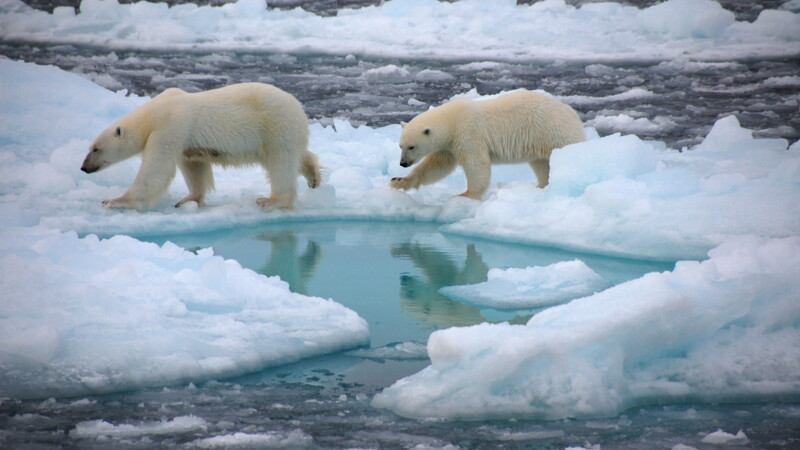“We have done the calculations for various scenarios, depending on how much in the way of greenhouse gaseshumankind will release over the years ahead,” David Nielsen, the lead author of the study, reports. In the event of unmitigated emissions of greenhouse gases, the rate of erosion of Arctic coastlines could more than double by 2100, according to these calculations. It would then total up to three metres per year on average across the entire Arctic. There is in addition the threat of a devastating loop: Increased quantities of carbon from the soil would end up in the ocean as a result of the additional erosion, which could in turn boost the climate change effect.
Nielsen emphasises: “Our results also show that a shift to greater sustainability and significantly lower greenhouse gas emissions could slow down this acceleration in the second half of the century.” However, the loss of landmass cannot be halted in its entirety.




